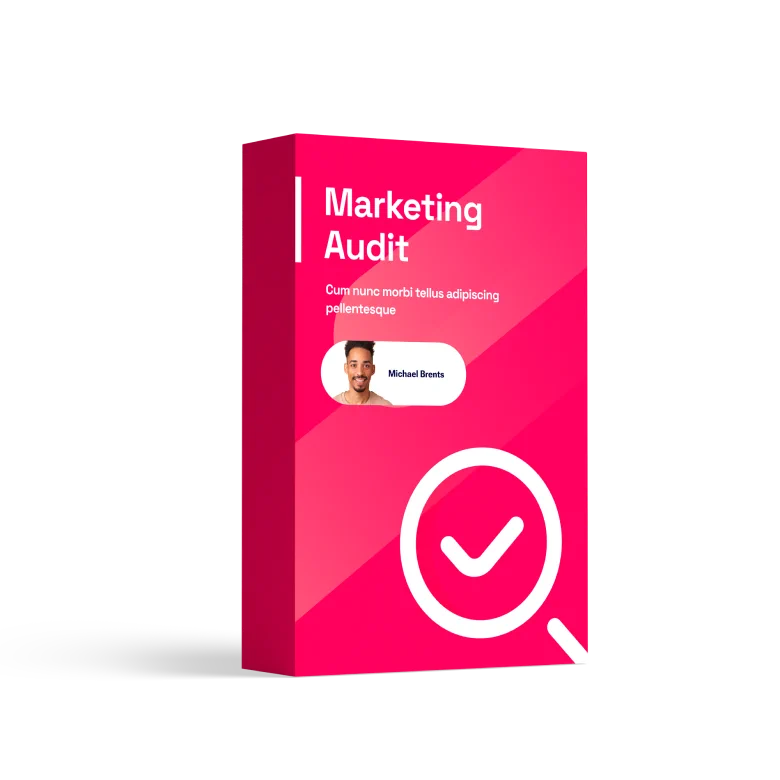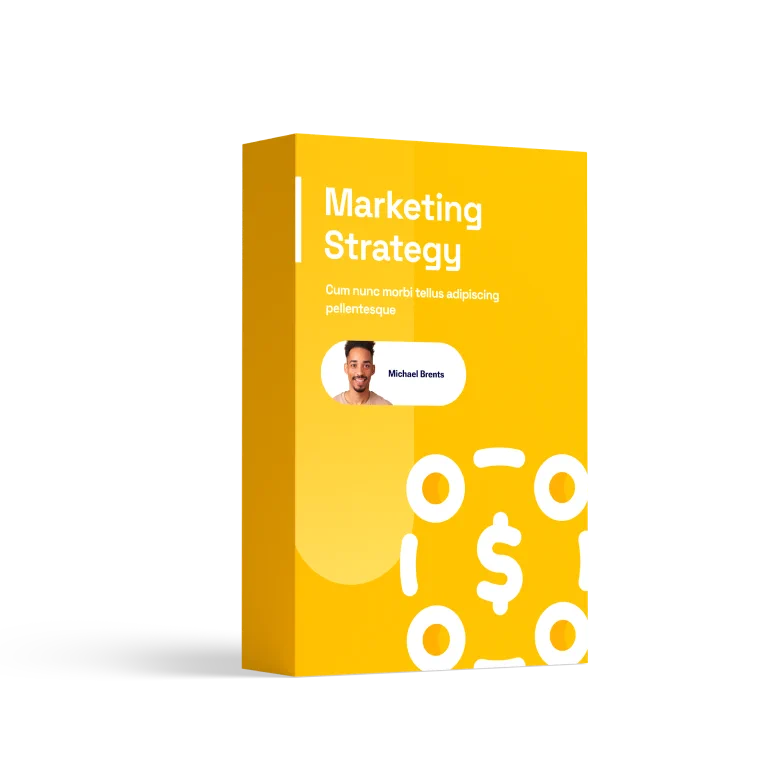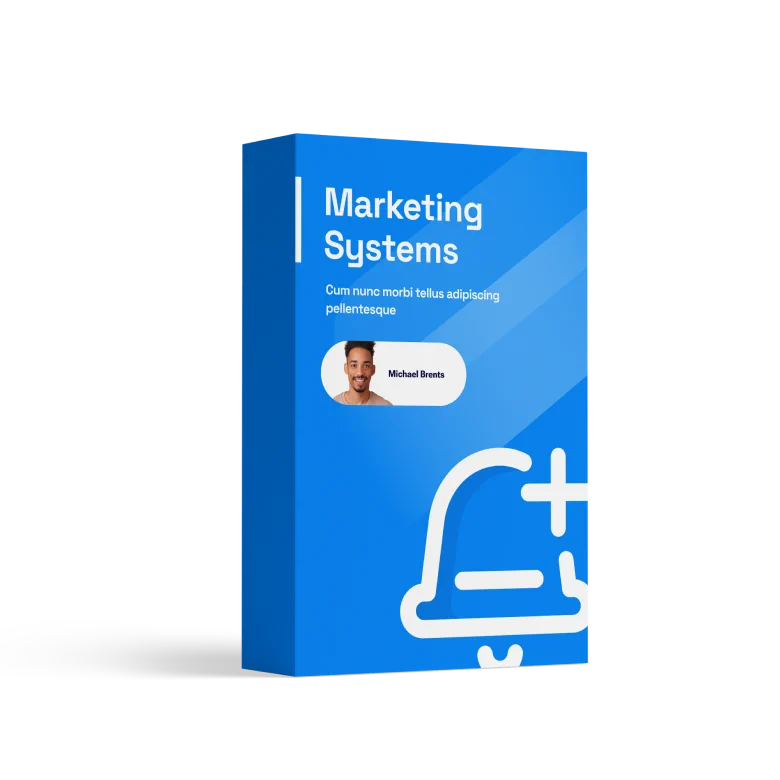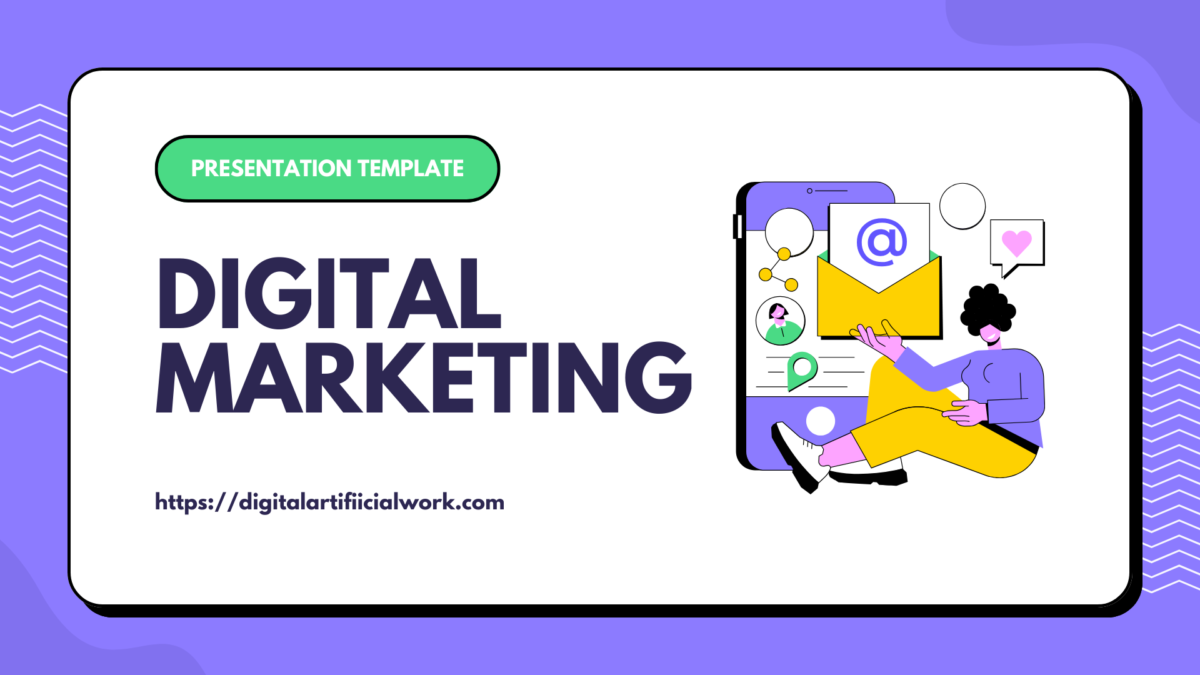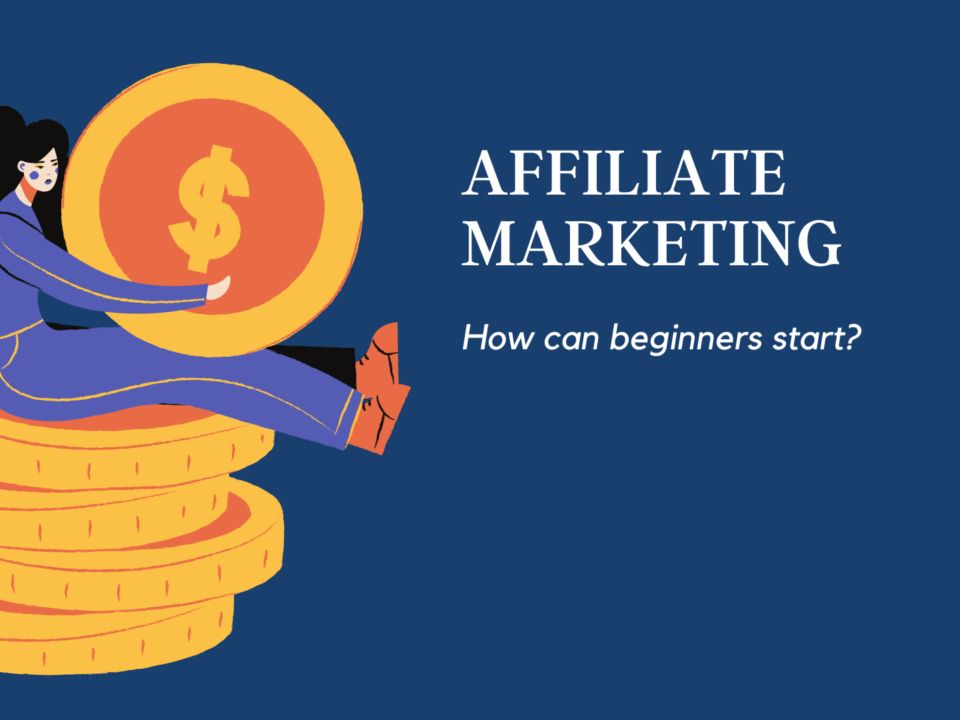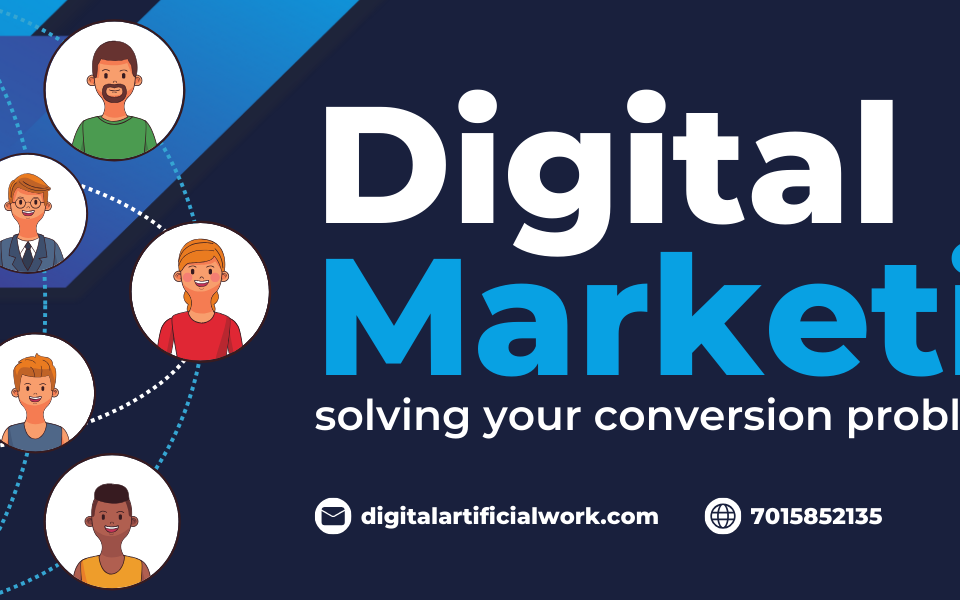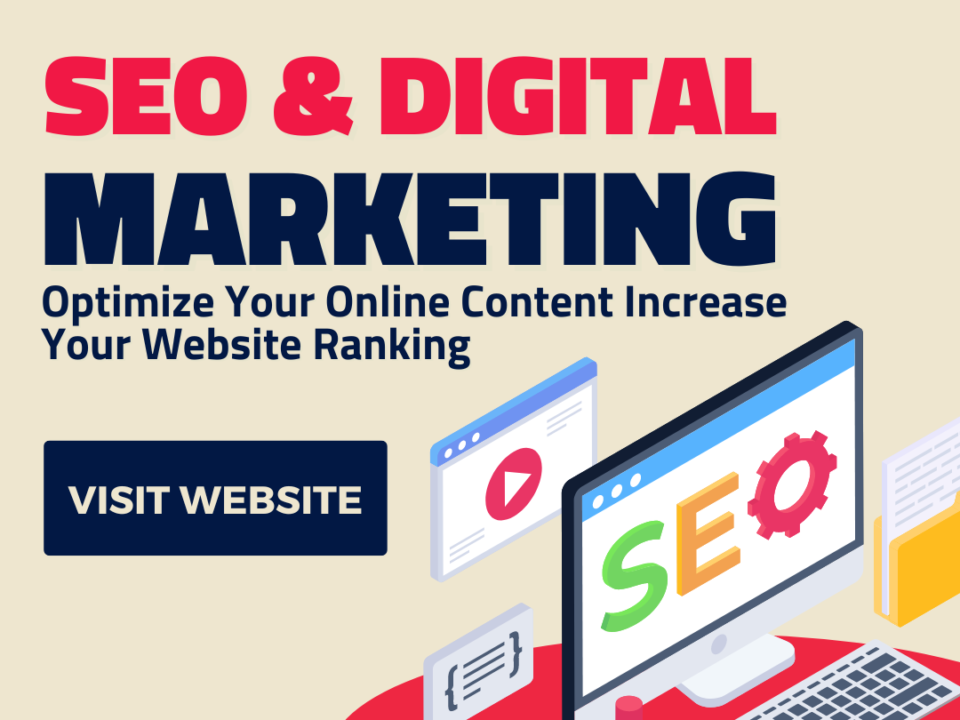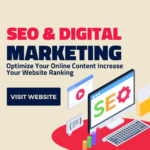
Top 5 best SEO tools
August 8, 2024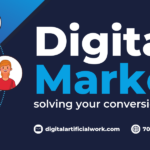
“Top 10 Benefits of Taking a Digital Marketing Course”
August 12, 2024What is Digital Marketing?
In today’s fast-paced, digitally-driven world, businesses must adapt to changing consumer behaviors and technological advancements. One of the most significant shifts in the marketing landscape has been the rise of digital marketing. But what exactly is digital marketing, and why is it so crucial in the modern business environment? This article aims to demystify digital marketing by exploring its core concepts, strategies, and importance.
Understanding Digital Marketing
Digital marketing refers to the use of digital channels, platforms, and technologies to promote products, services, or brands. Unlike traditional marketing methods, which rely on physical media like print ads, billboards, and direct mail, digital marketing leverages the internet and electronic devices to reach a broad and targeted audience.
The primary goal of digital marketing is to connect with consumers where they spend a significant amount of their time—online. This form of marketing encompasses various strategies, from search engine optimization (SEO) and social media marketing to email campaigns and online advertising. By utilizing these channels, businesses can engage with their audience, build brand awareness, and drive sales.
Key Components of Digital Marketing
Digital marketing is a broad field with many components. Here are some of the most critical aspects:
- Search Engine Optimization (SEO):
SEO involves optimizing a website to rank higher on search engine results pages (SERPs). The goal is to increase organic (non-paid) traffic by making the website more visible to users searching for relevant information. SEO strategies include keyword research, content creation, backlink building, and technical optimizations like improving site speed and mobile-friendliness. - Content Marketing:
Content marketing focuses on creating and distributing valuable, relevant, and consistent content to attract and engage a target audience. This content can take various forms, such as blog posts, videos, infographics, ebooks, and podcasts. The objective is to provide information or entertainment that addresses the audience’s needs, ultimately leading to conversions. - Social Media Marketing:
Social media marketing leverages platforms like Facebook, Instagram, Twitter, LinkedIn, and TikTok to promote products and engage with customers. It involves creating and sharing content, running paid advertisements, and interacting with followers. Social media marketing allows businesses to build brand loyalty, increase customer engagement, and drive traffic to their websites. - Email Marketing:
Email marketing involves sending targeted messages to a list of subscribers via email. This strategy is highly effective for nurturing leads, promoting products, and maintaining customer relationships. Email marketing campaigns can include newsletters, promotional offers, product announcements, and personalized content based on user behavior. - Pay-Per-Click (PPC) Advertising:
PPC advertising is a paid digital marketing strategy where advertisers pay a fee each time their ad is clicked. These ads typically appear on search engines (like Google Ads) or social media platforms. PPC allows businesses to target specific keywords, demographics, and interests, ensuring their ads reach the right audience. - Affiliate Marketing:
Affiliate marketing involves partnering with individuals or other businesses (affiliates) who promote your products or services in exchange for a commission on sales or leads generated. This strategy is performance-based, meaning affiliates only get paid when they drive a successful conversion. - Influencer Marketing:
Influencer marketing leverages individuals with a large online following (influencers) to promote products or services. These influencers can be celebrities, industry experts, or micro-influencers with a niche audience. The key is to collaborate with influencers whose audience aligns with your target market. - Analytics and Data Analysis:
Data plays a crucial role in digital marketing. Marketers use various analytics tools to track and measure the performance of their campaigns. By analyzing data, businesses can gain insights into consumer behavior, identify trends, and make data-driven decisions to optimize their marketing strategies.
The Importance of Digital Marketing
In the digital age, the importance of digital marketing cannot be overstated. Here are some reasons why it is essential for businesses of all sizes:
- Global Reach:
Digital marketing allows businesses to reach a global audience. Unlike traditional marketing, which may be limited by geographical boundaries, digital marketing can target customers anywhere in the world. This is particularly beneficial for e-commerce businesses and companies looking to expand internationally. - Cost-Effectiveness:
Digital marketing is often more cost-effective than traditional marketing methods. Small businesses with limited budgets can leverage digital channels to reach a wide audience without spending a fortune. For example, social media marketing and email campaigns can be conducted at a fraction of the cost of print advertising or TV commercials. - Targeted Marketing:
One of the most significant advantages of digital marketing is the ability to target specific demographics and audiences. Marketers can create highly personalized campaigns based on factors like age, gender, location, interests, and online behavior. This level of precision ensures that marketing efforts are focused on the most relevant audience, leading to higher conversion rates. - Measurable Results:
Unlike traditional marketing, where it can be challenging to measure the effectiveness of a campaign, digital marketing provides detailed analytics and metrics. Marketers can track website traffic, click-through rates, conversion rates, and more in real-time. This data allows businesses to assess the success of their campaigns and make adjustments as needed. - Enhanced Customer Engagement:
Digital marketing enables businesses to interact directly with their customers through social media, email, and other channels. This two-way communication fosters stronger relationships, increases brand loyalty, and provides valuable feedback. Engaging with customers online also allows businesses to address concerns and respond to inquiries quickly. - Adaptability and Flexibility:
The digital landscape is constantly evolving, and digital marketing allows businesses to adapt quickly to changes. Whether it’s a new social media platform, a shift in consumer behavior, or an update in search engine algorithms, digital marketers can adjust their strategies to stay relevant and competitive. - Higher Conversion Rates:
Because digital marketing is highly targeted and personalized, it often leads to higher conversion rates compared to traditional marketing methods. Whether the goal is to generate leads, drive sales, or increase website traffic, digital marketing campaigns can be optimized to achieve specific objectives.
Conclusion
Digital marketing is a dynamic and essential component of modern business strategy. By leveraging the power of the internet and digital technologies, businesses can connect with their audience, build brand awareness, and drive growth. As the digital landscape continues to evolve, staying informed and adaptable is key to successful digital marketing. Whether you’re a small business owner or a marketing professional, understanding and implementing digital marketing strategies will be crucial for long-term success in the digital age.


